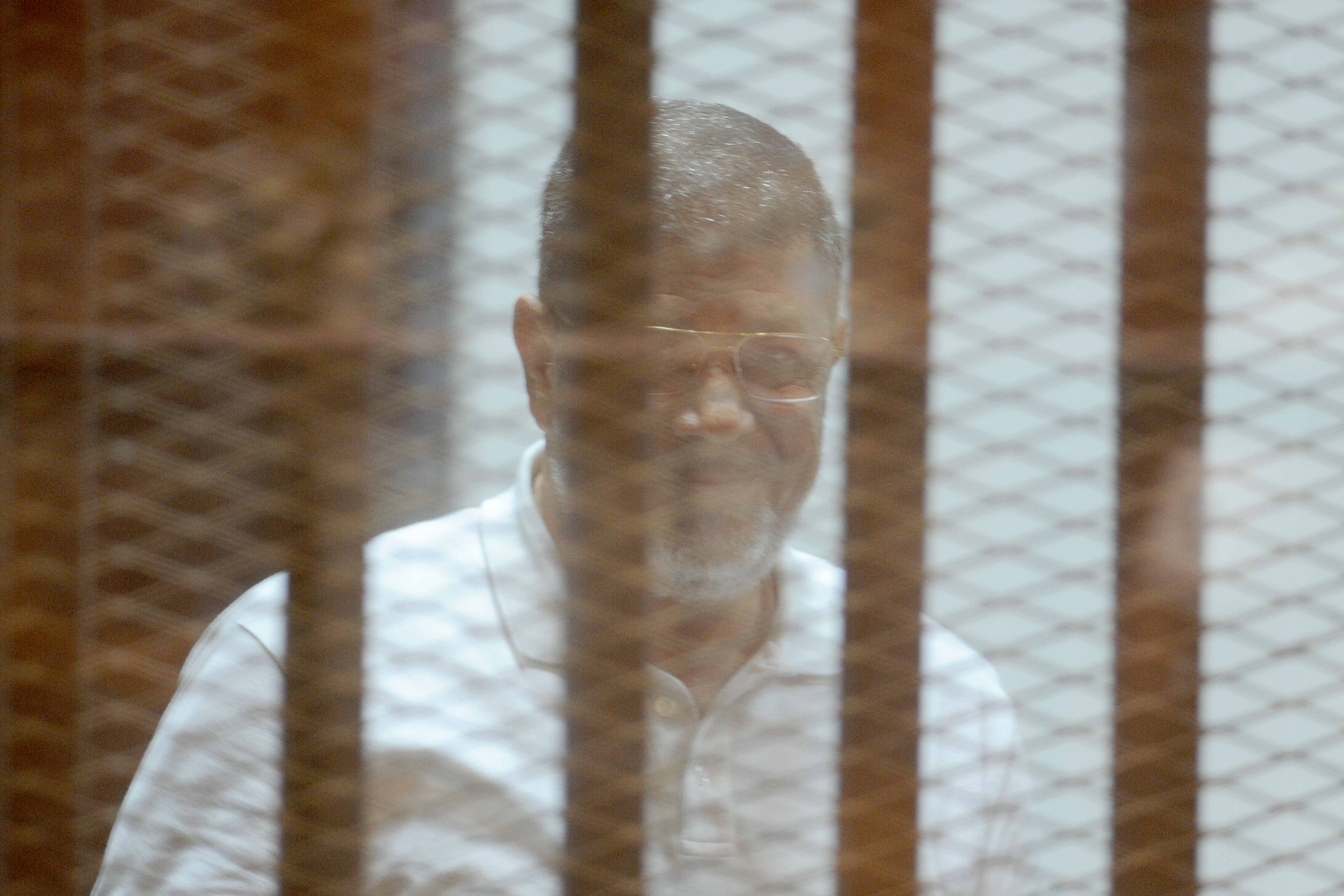CAIRO: In a new escalation of his case, the founder of the opposition Ghad party Ayman Nour announced that a “surprising decision will be taken by the International Criminal Court before the end of November.
On August 15, Nour sent a complaint to ICC Chief Prosecutor Luis Moreno Acampo against Egyptian officials, most notably Egyptian President Hosni Mubarak, Interior Minister Habib El-Adli and Prosecutor General Abdel Meguid Mahmoud.
In a handwritten response to questions from Daily News Egypt, Nour said although Egypt has not ratified the treaty of the International Criminal Court this does not prevent the court from charging Egyptian officials, citing the case of Sudanese President Omar Al-Bashir.
Nour, who is currently serving a prison sentence in Tora Prison, said that in April 2002, 66 countries ratified the Rome Statute of the International Criminal Court. Since then, the ICC has been able to exercise its jurisdiction over all member states except for seven countries that refused to join the ICC since its inception in 1998: United States, Israel, China, India, Iraq, Qatar and Libya.
The chief prosecutor of the ICC used the Rome Statute as a basis for accepting the accusations against Sudanese President Omar Al-Bashir although Sudan has not ratified the ICC treaty.
Nour said that Egyptian President Hosni Mubarak has not pardoned him because a presidential pardon would eventually lift the current ban on Nour’s political participation and possible candidacy for the presidential post.
“The real objective of my imprisonment is to prevent me from exercising political activity, and therefore the president and his entourage insist on not granting me an amnesty so as not to eliminate the ban on political activity, said Nour.
The Ghad Party s ex-leader said his real battle will begin after his release, when he will have to deal with the ban on his political activity.
“My release by the force of law (not amnesty) will be after about eight months, by July 2009. .I say it very clearly with courage from inside prison and perhaps for the first time: I will never leave the scene as long as I’m alive. The regime might have won one round, but it will not win the battle.
“On the contrary, I am now confident more than ever before about the fairness and legitimacy of this battle. The battle of the last presidential election in September 2005 will not be the last round, [and] I believe other decisive battles are yet to come.
Nour, who finished second to Mubarak in the 2005 presidential election among 10 other candidates, said he would launch a legal battle to rescind the ban.
“I say, for the first time also, that I have a court ruling that nullifies the punitive ban on the practice of politics based on a three-quarter-century-old text, Nour said, without elaborating further.
Six other defendants were involved in the case in which Nour was tried. Ismail El-Rifai, who was sentenced to five years, reportedly committed suicide inside his cell in a central Cairo appeals prison on September 6, 2007. This came just days after he informed the prosecution of the whereabouts of former officer Farag Shedid, the second defendant in the case. Shedid was sentenced in absentia to 10 years imprisonment, which were reduced to three years, in a retrial following his arrest based on the information provide by El-Rifai.
The fourth defendant, Ismail Abdel Latif, was sentenced to five years imprisonment, while each of the other three defendants Mervat Saber, Ahmed Abdel Shafi and Galal Mahmoud received three-year sentences that will end early November.
Nour questioned the circumstances surrounding El-Rifai alleged suicide.
“On Sept. 1, 2007, I submitted a request to the Prosecutor General to prove the abstention of Ayman Ismail El-Rifai whose testimony was used as evidence against me. El-Rifai, who was in jail pending appeal, sent me a letter telling me that he would disclose the pressure he was subject to by the state to play this role against me, and that he had new evidence and facts, including the whereabouts of the fleeing officer who was indicted in the same case Farag Shedid, who was later arrested at the location revealed by El-Rifai.
“The prosecution ignored the request instead of verifying the new testimony, which is sufficient ground for a retrial, and then [six days later] they announced that they found El-Rifai hanging on the door of his prison cell on Sept. 6, Nour added.






